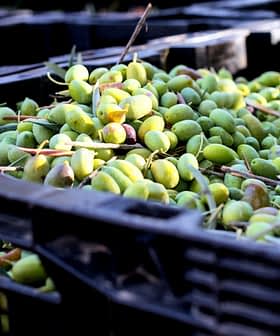Indonesia to Suspend All Cooking Oil Exports
Indonesian President Joko Widodo has suspended all cooking oil exports to secure domestic supplies starting May 5, with exemptions for crude palm oil, causing commodity prices to rise and potentially leading to increased demand and prices for alternative oils due to reduced availability of sunflower and cereal oil and other negative factors in the global edible oil trade.
Indonesian President Joko Widodo has announced a complete suspension of all cooking oil exports until further notice, citing the need to secure domestic supplies.
The measures are to take effect on Thursday, May 5, although a number of modifications to the scope of the ban have already been made.
See Also:Unilever Bets on Blockchain Tech for Deforestation-Free Certified Palm Oil“Indonesia will suspend exports of cooking oil, and the raw materials used to make it, until further notice… to ensure domestic availability of cooking oil” and to help keep it affordable following significant increases during March, Widodo said.
At a press briefing, Airlangga Hartarto, the coordinating minister for the economy, added: “The president is committed to making the Indonesian people the first priority in government policies. This policy is intended to ensure that all CPO products are dedicated entirely for [the] availability of bulk cooking palm oil at a price of 14,000 rupiah (€0.92) per liter.”
According to media reports, the announcement immediately caused commodity prices to rebound dramatically, and crude palm oil futures in Malaysia, the second-largest palm oil producer globally, shot up by almost 7 percent.
This tension subsided shortly after the announcement that the government would exempt crude palm oil from the export restrictions.
Given the ongoing war in Ukraine and the subsequently reduced availability of sunflower and cereal oil, the withdrawal of the world’s leading palm oil producer is expected to lead to greater tension in the vegetable oil market, with a consequent increase in both demand and prices for other alternative oils.
This will be compounded by other negative factors for the global edible oil trade, such as droughts in South America and Canada, which have also limited soybean and canola oil supplies, respectively.









